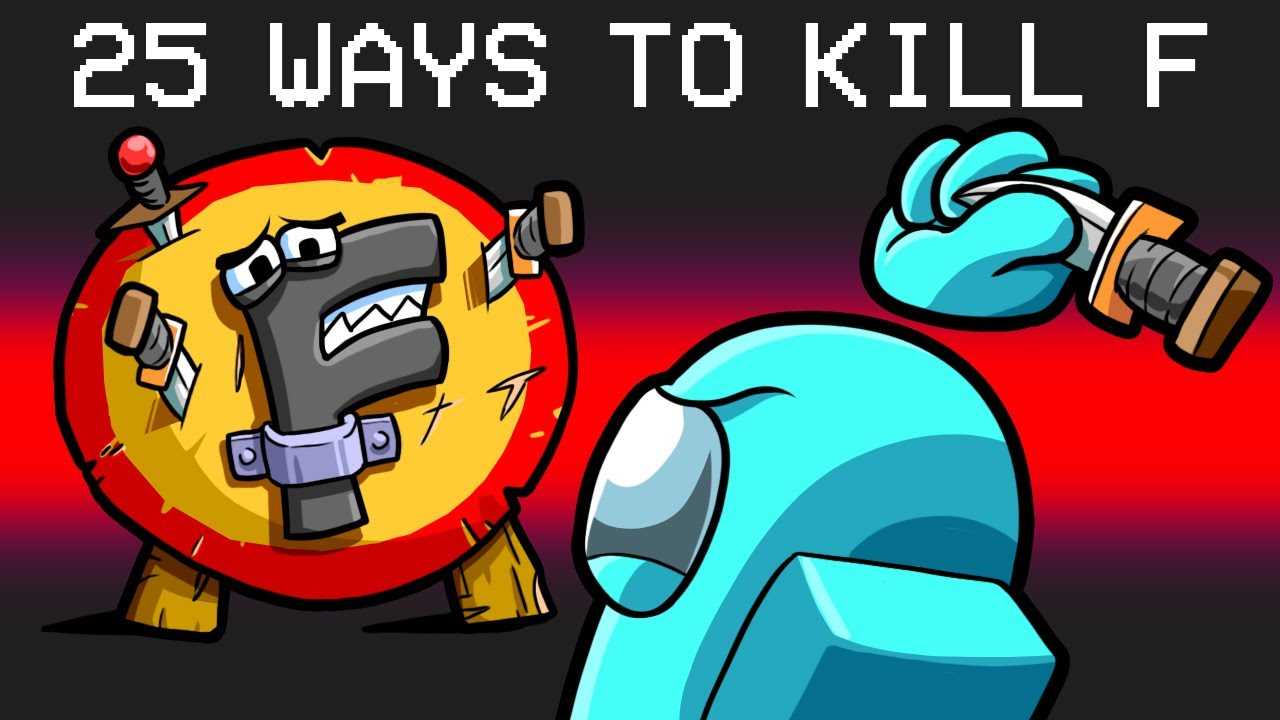Identify Your Bad Habits
In order to make positive changes in your life, it is important to first identify your bad habits. This step is crucial because it allows you to become aware of the behaviors that are holding you back from living your best life.
Start by taking some time to reflect on your daily routines and actions. Think about the habits that you engage in without even realizing it. These habits may include things like procrastination, excessive screen time, unhealthy eating, or negative self-talk.
Once you have identified your bad habits, write them down. This will help you visualize and acknowledge them. It is important to be honest with yourself during this process, as it will lay the foundation for making positive changes.
Remember, identifying your bad habits is the first step towards personal growth and self-improvement. By recognizing the behaviors that are holding you back, you can begin to take action and make positive changes in your life.
Recognize Negative Patterns
Recognizing negative patterns is an essential step in overcoming bad habits and living a better life. These patterns can be subtle and ingrained, making them difficult to identify. However, by paying attention to your thoughts, emotions, and behaviors, you can start to recognize the negative patterns that are holding you back.
One way to recognize negative patterns is to keep a journal or log of your daily activities. Write down your thoughts, feelings, and actions throughout the day. Look for recurring themes or patterns that emerge. For example, you might notice that you always reach for a sugary snack when you feel stressed or that you procrastinate on important tasks when you’re feeling overwhelmed.
Another technique is to seek feedback from others. Ask trusted friends or family members to provide honest observations about your behaviors. They may be able to point out patterns that you are unaware of or provide insights into why you engage in certain habits.
It’s also important to be mindful of your triggers. Triggers are the events, people, or situations that lead to your bad habits. By identifying these triggers, you can start to anticipate and prepare for them. For example, if you know that seeing a certain person tends to make you feel anxious and leads to unhealthy coping mechanisms, you can develop strategies to manage your emotions and avoid falling into negative patterns.
Recognizing negative patterns is not always easy, and it may take time and effort. However, by being aware of these patterns, you can begin to break free from them and create healthier habits. Remember, change starts with awareness.
Analyze Triggers and Cues
Identifying the triggers and cues that lead to your bad habits is a crucial step in breaking free from them and living a better life. Triggers are the events or situations that set off your bad habits, while cues are the signals that remind you to engage in those habits.
To analyze your triggers and cues, start by paying close attention to your behavior and the circumstances surrounding it. Ask yourself questions like:
- Who am I with when I give in to this habit?
By answering these questions, you can start to uncover the specific triggers and cues that lead to your bad habits. Once you have identified them, you can take steps to avoid or modify them.
For example, if you find that stress is a trigger for your bad habit of overeating, you can explore healthier ways to cope with stress, such as exercise or meditation. If being around certain people encourages your bad habit, you can limit your time with them or find ways to engage in different activities when you are together.
Remember, breaking free from your bad habits requires self-awareness and a willingness to make changes. Analyzing your triggers and cues is an important part of this process, as it allows you to take control of your behavior and create a better life for yourself.
Understand the Consequences

The Physical Consequences

The Emotional Consequences
Bad habits can also take a toll on your emotional well-being. For instance, constantly procrastinating can lead to increased stress and anxiety, as deadlines pile up and tasks remain unfinished. By recognizing the emotional consequences of your bad habits, you can take steps to manage your time more effectively and reduce unnecessary stress.
The Social Consequences


Emily Bibb simplifies finance through bestselling books and articles, bridging complex concepts for everyday understanding. Engaging audiences via social media, she shares insights for financial success. Active in seminars and philanthropy, Bibb aims to create a more financially informed society, driven by her passion for empowering others.
